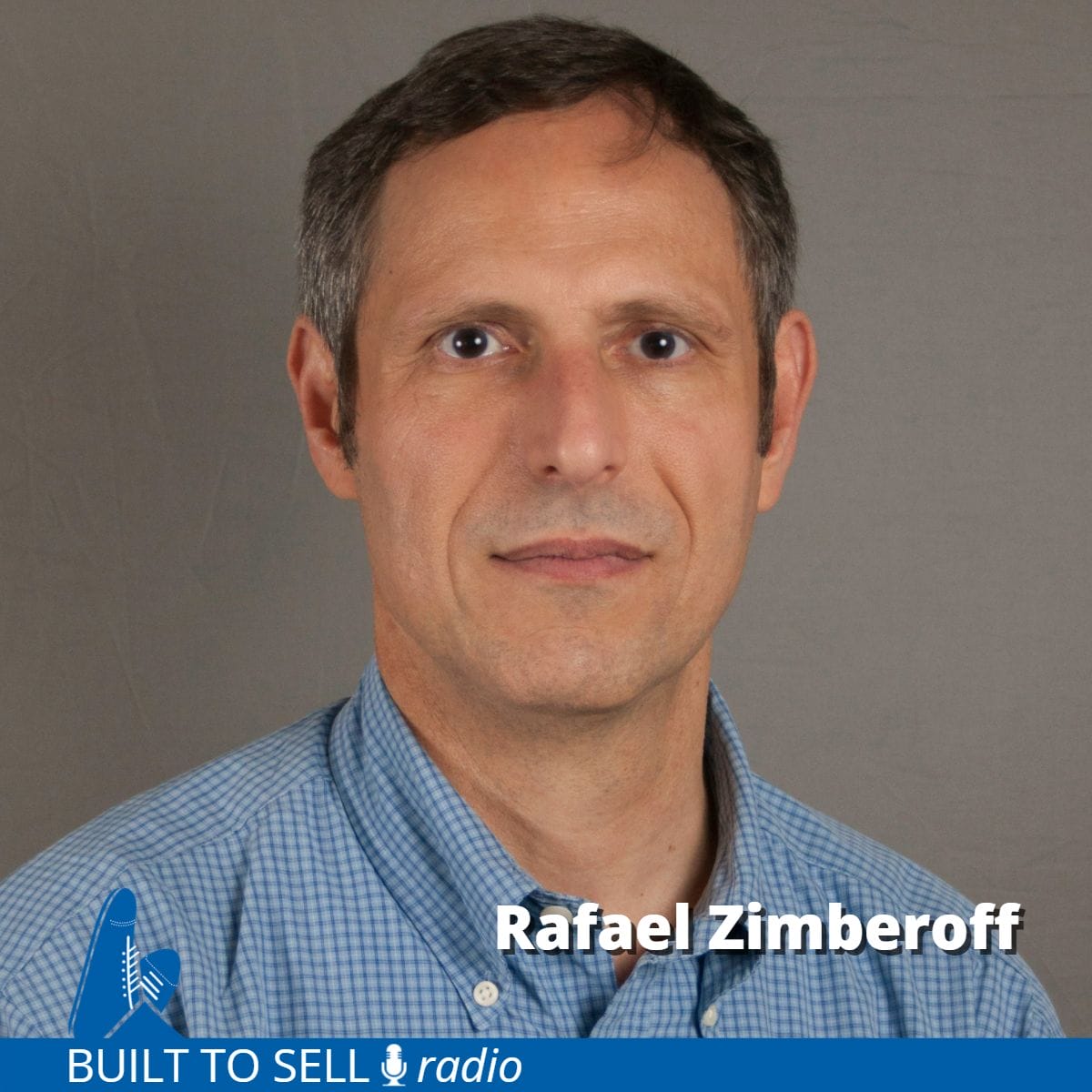About this episode
Rafael Zimberoff built ShipRush, an application that helps businesses streamline their technology, to 12 full-time employees when he sold it to Descartes for $14 million, plus a $3 million earn-out.
There are many takeaways from this episode, including:
- How to convince large companies to buy your product rather than build it themselves.
- What to do when your largest competitors get acquired.
- How to find a suitable M&A professional.
- Why being part of the “payment chain” gives you negotiating leverage.
- Telltale signs you picked the right M&A banker.
- Why you should never negotiate the sale of your own business (even if you’re a great deal maker).
- What to do if you get a call from an acquirer after you’ve signed a “no shop” clause.
Check out our article on Agreeing To An Earn-Out Deal.

About Our Guest
Rafael Zimberoff is the founder of ShipRush. Rafael used a bootstrap approach to build a niche software vendor, that was well positioned when small business ecommerce took off between 2005 and 2010.
ShipRush is a pioneer in small business shipping. Companies including FedEx, Stamps.com, QuickBooks, eBay and Pitney Bowes used ShipRush to achieve their parcel-related business objectives. Currently, Rafael offers consulting to the fulfillment & logistics technology sector. His experience in business alignment, negotiation and technology is unique.
Connect with Rafael:


